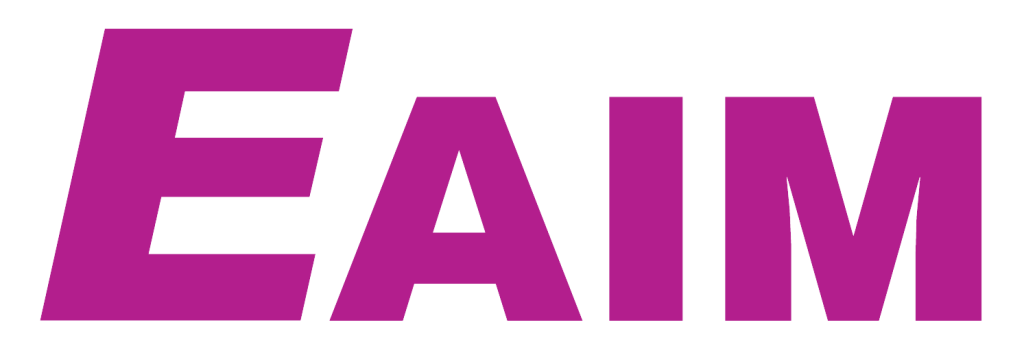Computing and IT
In today’s rapidly evolving digital landscape, studying Computing, IT, and Frontier Technologies is essential for those seeking to lead in the tech-driven economy. Singapore’s digital economy contributed S$113.2 billion in value-added in 2023, accounting for 17.7% of the nation’s GDP, reflecting the sector’s robust growth and economic significance (IMDA, 2024). Demand for skilled professionals in areas such as artificial intelligence (AI), cloud computing, and cybersecurity continues to surge, with AI adoption among large enterprises rising from 16.7% in 2018 to 44% in 2023 (OpenGov Asia, 2024). Equipping yourself with expertise in these critical domains ensures you are ready to drive innovation and shape the future of Singapore’s dynamic tech sector. From AI to cybersecurity, our programmes prepare career-ready professionals to lead the digital transformation across industries.


